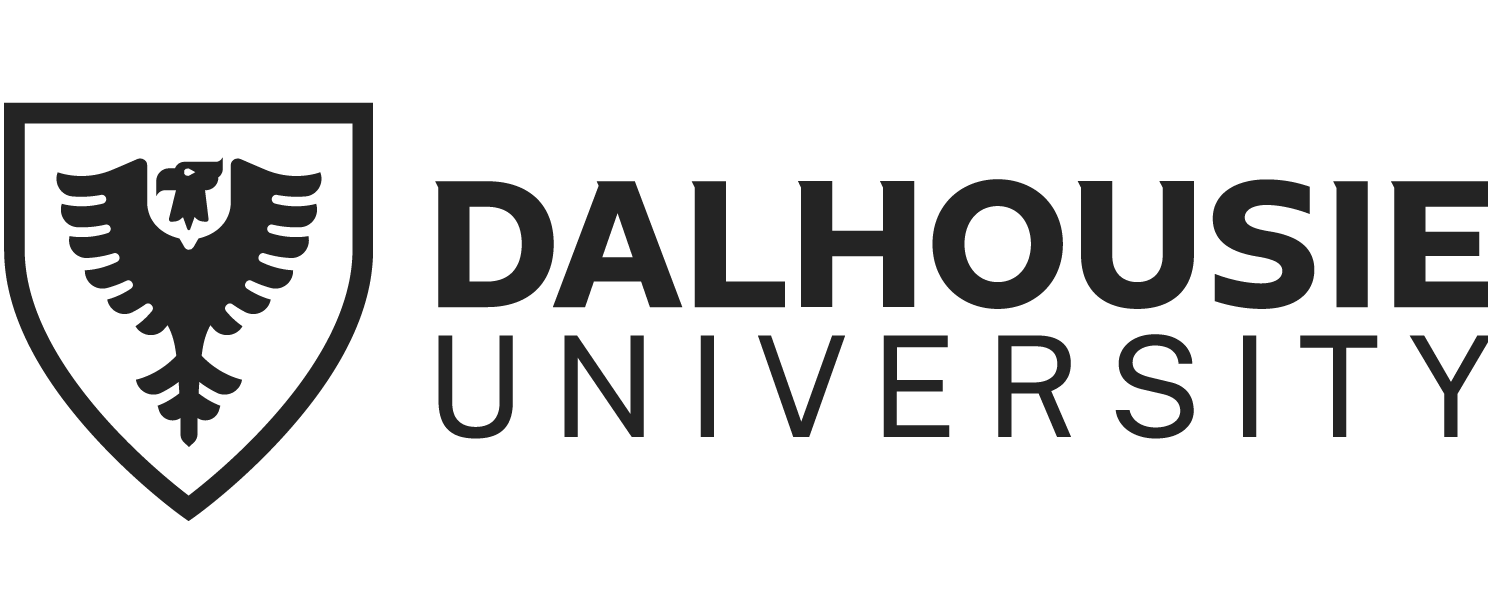
Welcome to the
Maritime Eating & Appearance Lab
A collaboration between the University of New Brunswick & Dalhousie University in Atlantic Canada.
Research building a world without disordered eating and body image concerns.
The Maritime Eating & Appearance Lab (MEAL) is a bi-campus partnership between researchers at Dalhousie University and the University of New Brunswick. Established in 2022 by co-directors Dr. Aaron Keshen and Dr. Emilie Lacroix, members of this research group span multiple disciplines including psychology, psychiatry, and nursing. Using qualitative and quantitative methods, researchers at the MEAL are investigating questions related to the development, prevention, and treatment of eating disorders and body image disturbances.
Our People
The MEAL team includes students, researchers, and trainees from the University of New Brunswick and Dalhousie University.
Our Research
We are committed to producing research that improves real-world experiences and treatment.
Join Us
Are you an undergraduate, graduate, or post-graduate in psychology, psychiatry, or an adjacent field? We’d love to hear from you.

Reducing barriers to evidence-based treatment through clinical research, education, training, and advocacy.
Eating disorders are complex mental illnesses with serious consequences for mental and physical health. Unfortunately, many people with eating disorders never access evidence-based care. Translating research into real-world clinical practice can improve care delivery and health outcomes, reducing the burden of eating disorders. Through system-wide efforts to train and support front-line clinicians, we use science to craft a future where folks can feel at ease in their bodies.





Join the Lab
Eager to change the way we understand disordered eating & body image?
We work with passionate undergraduate and graduate students at the University of New Brunswick and Dalhousie University every academic year. We’d love to hear from you.
Peer-reviewed research that matters.
At MEAL, we focus on questions that matter to people impacted by eating disorders, and our talented team is always working on research with real-world implications.
Our knowledge translation efforts, outreach, education, and advocacy work help ensure that these insights make a meaningful difference for treatment and prevention.













